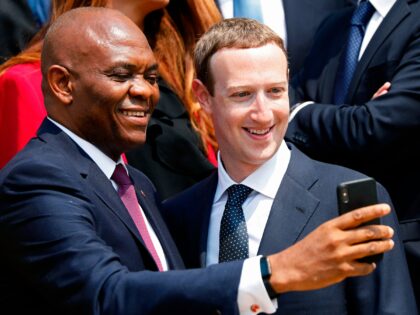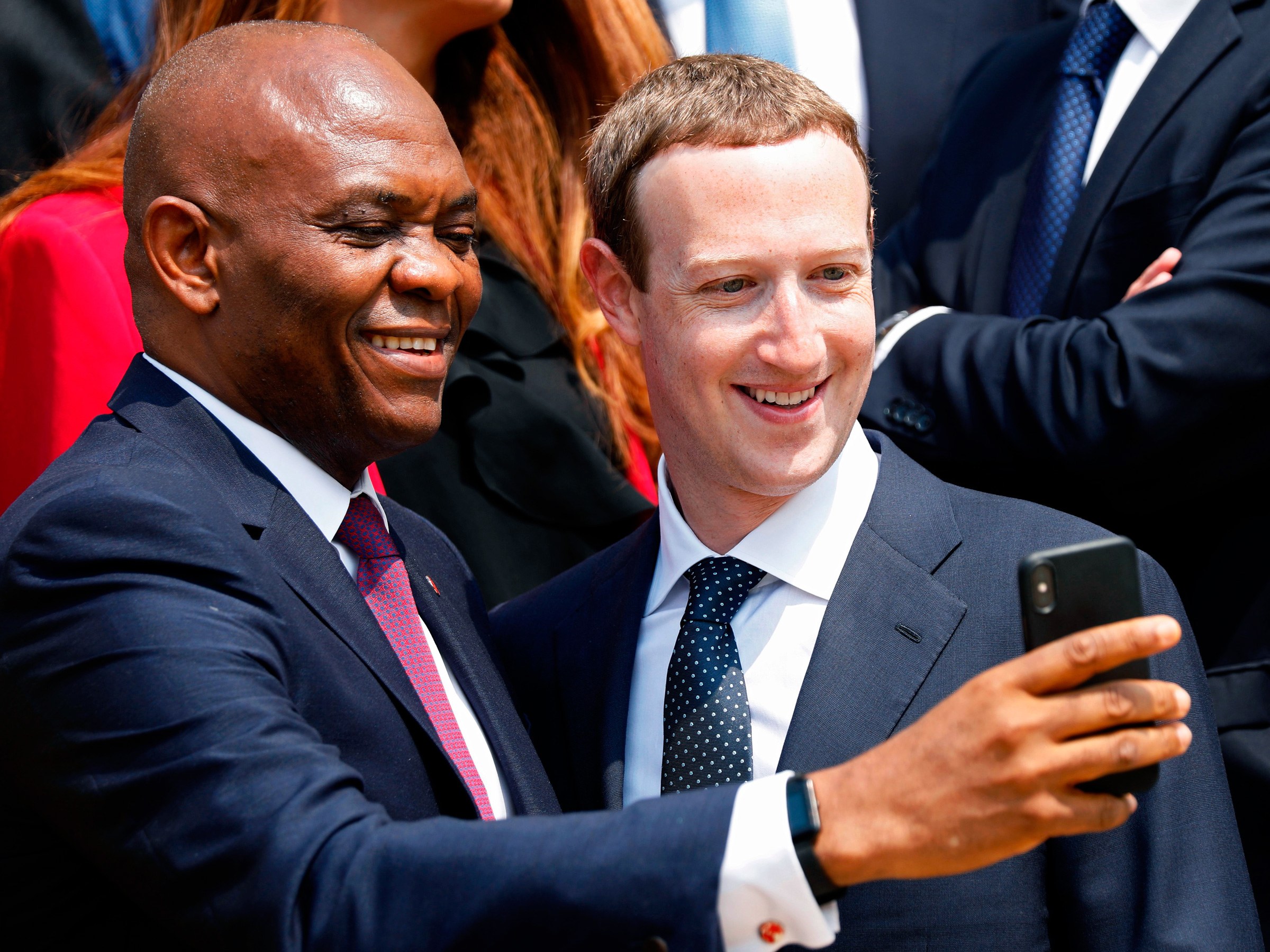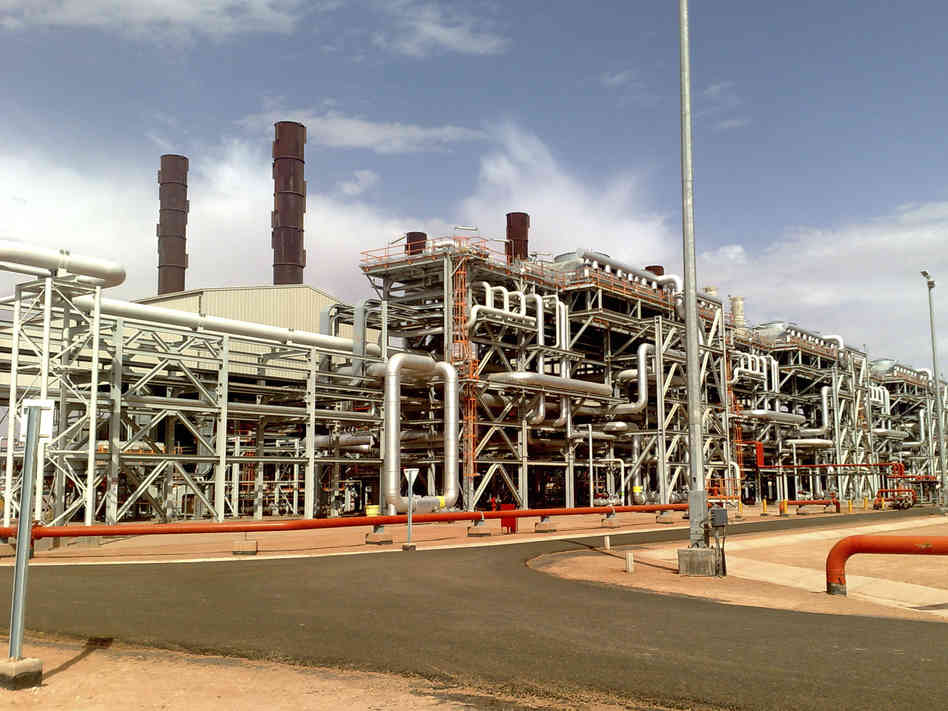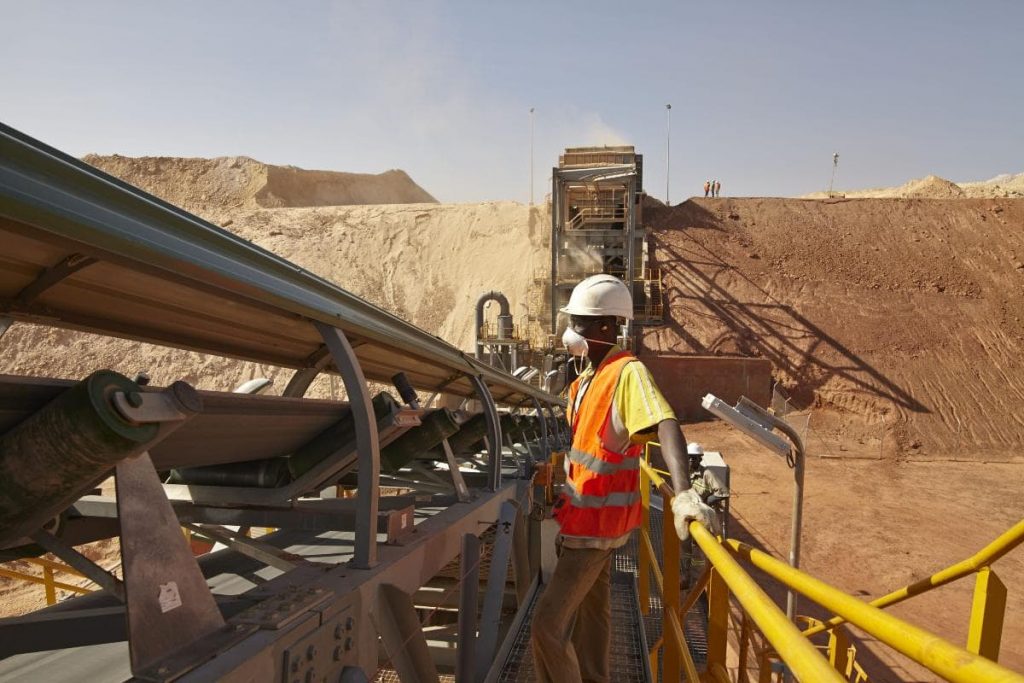 Social media giant Facebook on Wednesday said it had suspended three networks of Russian accounts that meddled in the domestic politics of eight African countries. It’s the second massive clean-up in Africa this year.
Social media giant Facebook on Wednesday said it had suspended three networks of Russian accounts that meddled in the domestic politics of eight African countries. It’s the second massive clean-up in Africa this year.
According to Facebook, Russia sponsored almost 200 fake and compromised accounts to target people in Madagascar, Central African Republic, Mozambique, Democratic Republic of Congo, Côte d’Ivoire, Cameroon, Sudan and Libya. The accounts amassed more than 1 million followers, the social media giant said.
All the networks were connected to “entities associated with Russian financier Yevgeniy Prigozhin”, reported the New York Times, noting that Russia is testing its new disinformation tactics in parts of Africa, as part of an evolution of its manipulation techniques ahead of the 2020 American presidential election.
Facebook described three separate operations targeting both its core social network and Instagram. One operation included 35 accounts and 53 pages that focused on Central African Republic, Mozambique, Democratic Republic of Congo, Côte d’Ivoire, and Cameroon.
The effort attracted some 475,000 followers and spent $77,000 for ads posting on global and local political news including Russian policies in Africa and criticism of French and US policies.
A separate operation targeting Sudan included 20 different accounts and 18 pages, some posing as news organizations. The third network, focused on Libya, involved 15 accounts and 12 pages posting about local news and geopolitical issues.
Unlike past influence campaigns from Russia, the networks targeted several countries through Arabic-language posts, according to the Stanford Internet Observatory.
Nathaniel Gleicher, Facebook’s head of cyber security policy, was quoted as saying that in some of the African countries, the Russian-run networks worked with local citizens to better disguise their origins and target internet users.
Last year Facebook, Twitter Inc and Alphabet Inc’s Google have vowed to step up the fight against the political manipulation of their platforms.
In November last year, Facebook’s founder, Mark Zuckerberg shared his vision for how content should be governed and enforced on the platform.
Facebook is set to open its first content review center in Sub-Saharan Africa, aimed at improving the safety and security of users across the continent. The global tech giant says it will employ approximately 100 reviewers by the end of the year, supporting a number of languages, including Somali, Afaan Oromo, Swahili and Hausa.



